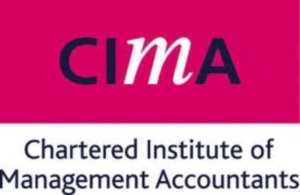HR Directors and CEOs Butting Heads over Talent Management Investments

“This worrying boardroom divide threatens to destabilize sustainable growth by allowing the best talent to slip away,” said Charles Tilley, chief executive of CIMA. “It is vital that organizations embed a robust human capital strategy within the wider business plan and develop appropriate metrics and KPIs that are subject to the same level of scrutiny as financial data.”
The report also found that over 40 percent of respondents feel that the inability of their business to reach their financial targets was largely due to talent management shortcomings, among a small list of other major contributing factors. Another troubling find, 53 percent of CEOs and 56 percent of CFOs said they valued varied experience in different business sectors while just 17 percent of HR directors felt the same. However, 71 percent of HR directors identified strategic vision and implementation skills as vital attributes while a mere 22 percent of CEOs and 36 percent of CFOs agreed. And despite the acknowledgement that talent management shortcomings lead to a growth in financial losses, short-term investment cuts to training and development seem highly likely at a majority of U.S. firms.

